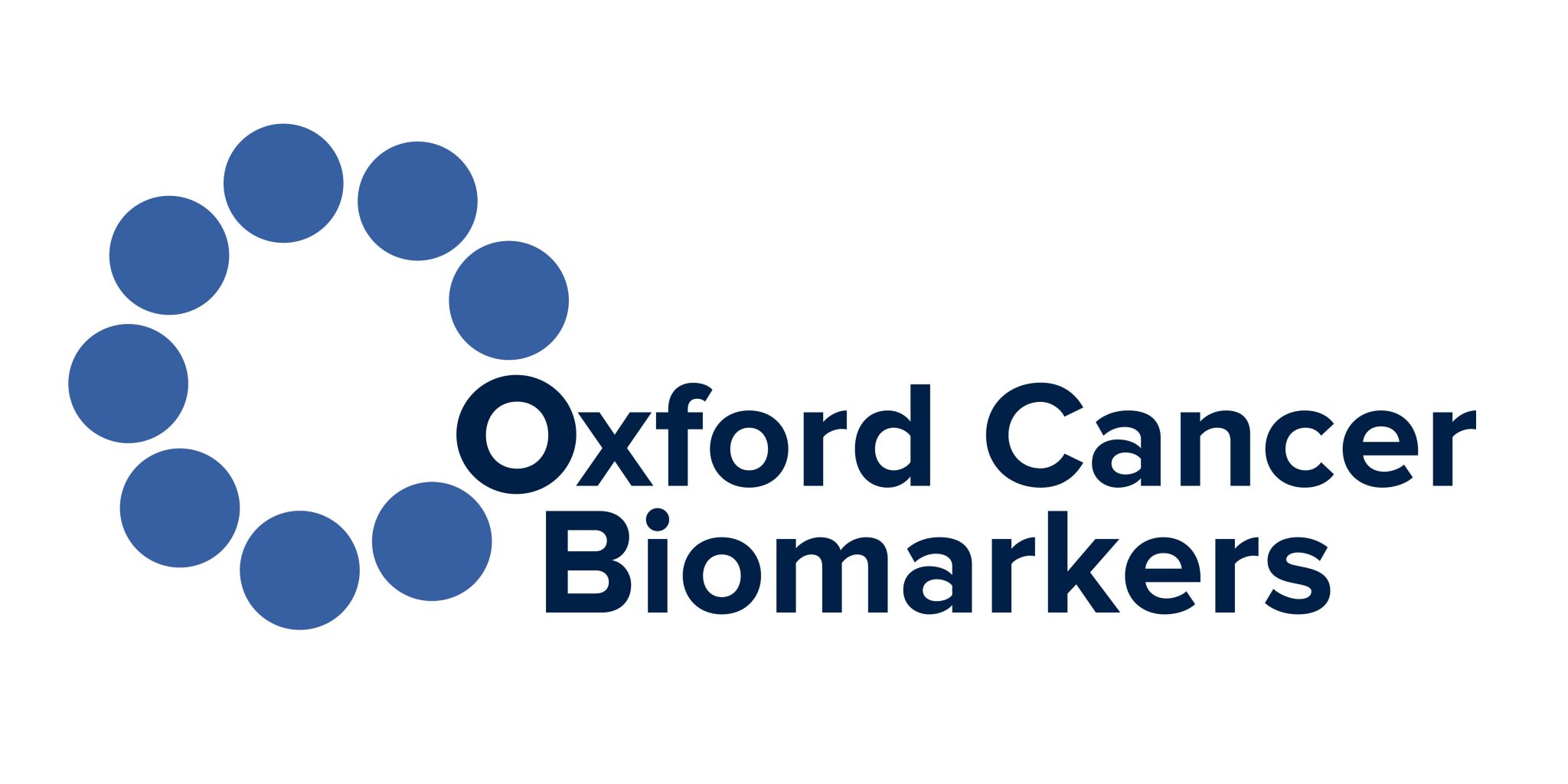

Oxford, 21st June 2019: Oxford University Hospitals (OUH) NHS Foundation Trust is now offering genetic testing that aims to prevent chemotherapy toxicity amongst patients who need 5-FU or capecitabine to treat their cancer.
This significant improvement in care for patients living with cancer is being made possible thanks to a new partnership with Oxford Cancer Biomarkers (OCB), an Oxford-based company which develops pioneering new approaches to treatment.
OCB’s ToxNav® platform is a germline test that identifies cancer patients at high risk of severe and potentially fatal toxicities as a result of DPYD (dihydropyrimidine dehydrogenase) deficiency. This is a well characterised condition that affects people with mutations in the DPYD gene. Side effects include neutropenic sepsis, diarrhoea, nausea/vomiting, stomatitis and mucositis. In addition, ToxNav identifies variants on the DPYD and TYNOSF1 genes which are responsible for causing a common condition during chemotherapy called hand foot syndrome (HFS).
The ToxNav panel comprises 19 single nucleotide polymorphisms (SNPs) and has been shown in clinical validation studies to accurately predict the risk of death and Grade 4+ haematological toxicities with 100% sensitivity and 98% specificity1. Furthermore, OUH has conducted a utility study (PRECISE) comprising 60 patients who were to receive 5-FU for cancer treatment2.
Approximately 600 patients per year in Oxford will benefit from having their DPYD germline status assessed prior to receiving chemotherapy. The PRECISE study results suggest that about 10 people per year will be therefore identified as being at critical risk and more with high risk of Grade 3 and 4 toxicities. Professor Bass Hassan, Clinical Director of Oncology & Haematology at OUH who led the adoption of the test for all 5-FU/capecitabine patients at OUH, said: “Adoption of new technologies in close collaboration with industry is a key driver for us in Oxford, and we are delighted to work with OCB to utilise the technology to improve quality of care for our cancer patients.”
OCB is at the forefront of raising clinical and public awareness of the avoidable dangers of DPYD deficiency. OCB believes that at least 150 people in the UK per year are dying from complications due to 5-FU/capecitabine*. Many more will suffer avoidable haematological and gastric toxicities. Aside from the suffering associated with these conditions there is a significant avoidable cost to the NHS. There is no current NHS policy on DPYD testing in the UK and so testing of patients is not universal. CEO, David Browning said that: “This is a really exciting step for OCB. Oxford is a leading UK cancer centre and its adoption of ToxNav will help ensure that other cancer centres follow their example, enabling DPYD testing to become routine for all patients in the UK”.
About ToxNav 
The CE-marked ToxNav test analyses the patient’s DNA, from a sample of venous blood, for genetic mutations in a proprietary panel of 19 variants shown in studies to be associated with 5FU/Capecitabine toxicity. OCB then provides a report to the oncologist describing a risk classification for the patient, allowing chemotherapy to be specifically tailored for that individual.
* There is no routine reporting of deaths and toxicities associated with 5-FU/capecitabine and this figure is conservatively extrapolated from the number of people receiving this type of chemotherapy per year in the UK and data from clinical studies that have reported death and Grade 3+ toxicities
References
1. Palles et al., An evaluation of the clinical utility of a panel of variants in DPYD and ENOSF1 for predicting common Capecitabine related toxicities. Annals of Oncology 2018.
2. Lee et al., ToxNav germline testing and PROMinet digital mobile application toxicity monitoring: Results of a prospective single centre clinical utility study – PRECISE. In press Annals of Oncology 2019
3. Kerr et al., Adjuvant capecitabine plus bevacizumab versus capecitabine alone in patients with colorectal cancer (QUASAR 2): an open-label, randomised phase 3 trial. Lancet Oncol 2016; 17(11): p. 1543-1557.
Contact
Oxford Cancer Biomarkers Ltd
Tel: +44 1865 784743